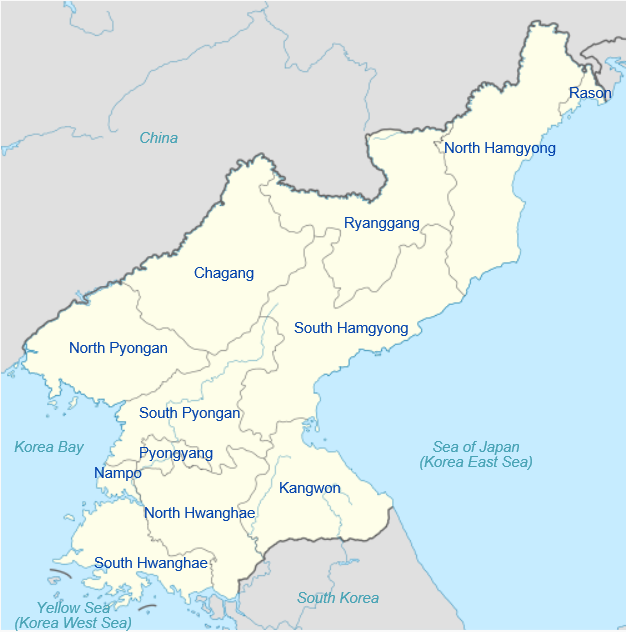Nuclear Weapons 227 - Three Reasons Obama Gives That The U.S. Will Not Accept North Korea As A Nuclear State
North Korea has been in the news a lot because they are testing nuclear weapons and threatening other countries with nuclear annihilation. Following N.K.'s fifth recent nuclear test, the U.S. President gave three reasons that the U.S. will never accept N.K. becoming a nuclear armed nation. (This seems a bit late because N.K. already has a few atomic bombs and could deliver them to South Korea via truck or boat so I guess Obama means nuclear armed missiles that could hit other countries.)
The first reason that Obama gave had to do with the Nuclear Non-proliferation Treaty. N.K. signed the treaty in 1985 but withdrew in 2003. The U.S. is concerned that the N.K. withdrawal sets a dangerous precedent that might be followed by other nations which decide to pursue the acquisition of nuclear weapons. If one country withdrew, hostile neighbors might be tempted to withdraw as well and trigger a nuclear arms race in the region.
The second reason that Obama gave involved the threat to S.K. posed by N.K. nuclear weapons. S.K. is much stronger than N.K. with respect to conventional weapons. The only advantage N.K. has is its nuclear capability. N.K. has repeatedly threatened to attack S.K. with nuclear weapons. Short of actual nuclear attacks, N.K. could attempt to blackmail S.K. with threatened attacks. In the interest of nuclear non-proliferation, the U.S. says that it will respond to any nuclear attack on S.K. with U.S. nuclear weapons. This relieves S.K. of the necessity to develop its own nuclear weapons. The U.S. has already placed anti-missile system in S.K. to protect against N.K. missiles with conventional or nuclear warheads. If N.K. does develop a robust nuclear strike capability, it would make it much more complicated for the U.S. to deliver on its commitment to protect S.K.
The third reason given by Obama is related to the political system in N.K. Power is consolidated in the hands of a small group with the dictator being the ultimate decision maker. If the current dictator, Kim Jon-un decided to launch a nuclear attack on another country, there would be little in the form of internal political checks and balances to persuade him not to. This concentration the power to use nuclear weapons in the hands of a single individual who may be psychologically unstable would be very destabilizing to Eastern Asia and there is little the U.S. can do about it.
While it is all very good and well for the U.S. President to make grand pronouncements about what the U.S. will and will not accept in terms of the military capabilities of hostile nations such as N.K., the real question is what the U.S. could do to stop N.K. from achieving its ambitions. Israel once bombed a nuclear weapons facility in Iraq to prevent an enemy from gaining nuclear weapons capability. They have been threatening to do the same thing to Iran recently. Is the U.S. prepared to carry out such a strike on N.K. weapons facilities? Such an attack might be successful in destroying the ability of N.K. to make more weapons but it already has nuclear bombs that might be detonated in nearby nations if the U.S. did launch a preemptive strike on N.K. If the U.S. does nothing, N.K. will build more nuclear bombs and continue to work on miniaturizing them to put on missiles. If the U.S. attacks N.K., N.K. may detonate the bombs it has. Looks like a case of damned if you do and damned if you don't. Let us hope that peaceful negotiations can persuade N.K. to give up its military ambitions.
Map of North Korea:
